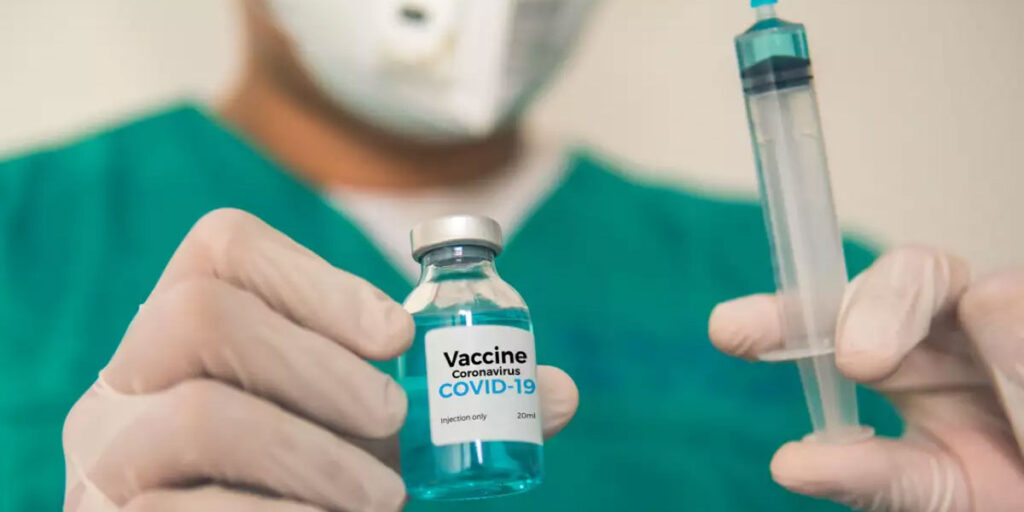Nearly 30 Covid vaccine candidates are under various stages of development, by both industry and academia

Five National COVID-19 Bio-repositories have been established by the Department of Biotechnology (DBT). This is a part of the Network of 16 COVID-19 biorepositories established in the country by Department of Biotechnology, Indian Council of Medical Research and Council of Scientific and Industrial Research. The list of biorepositories can be accessed at www.icmr.gov.in/cbiorn.html. The repositories are collecting clinical and viral samples. So far, 44452 clinical samples and 17 viral isolates have been collected which are accessible to researchers and industry for developing diagnostics, therapeutics and vaccines.
The Pan India 1000 SARS-CoV-2 RNA Genome Sequencing has been successfully completed and announced on 1st August, 2020 by the Department of Biotechnology. This was led by National Institute of Biomedical Genomics (NIBMG-Kalyani), West Bengal, an Autonomous Institute of Department of Biotechnology, along with five other National clusters; clinical organizations and other hospitals.

These sequences have been uploaded on Global Initiative on Sharing All India Influenza Data (GISAID) for use by researchers across the globe. These sequences have been uploaded under the ‘Pan India 1000 SARS-CoV-2 RNA Genome Sequencing Consortium’. The link for GISAID website is www.gisaid.org. These are now available for use by researchers.
Nationally, nearly 30 COVID vaccine candidates are under development, by both industry and academia. These vaccines are in different stages of pre-clinical and clinical development of which 3 candidates are in the advanced stage of Phase I/II/III trials and 4 are in the advanced pre-clinical development stage. Support is also being extended for the development of vaccine-associated research resources, the establishment of clinical trial sites and notifying enabling regulatory guidelines.

A high-level expert group is looking into matters related to vaccine distribution and immunization. The distribution and immunization of the coronavirus vaccine are subject to availability. Once available, the Coronavirus vaccine distribution follows the same route as for the current practice of vaccines distribution under the Universal Immunization Program (UIP).

